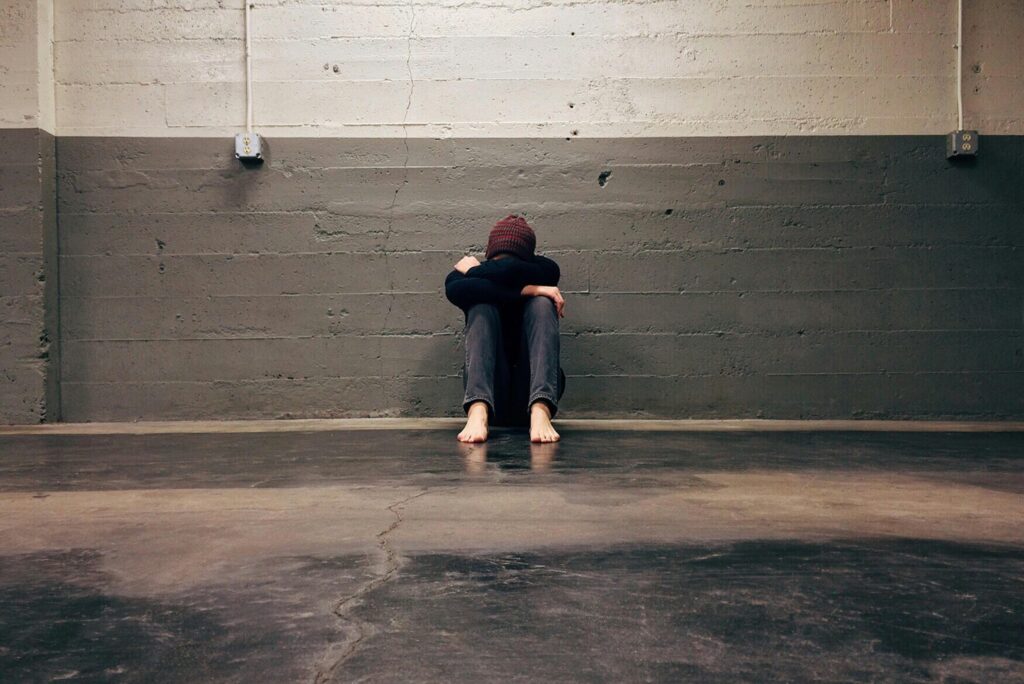Abuse from in-laws is a reality many women face in silence—whether it’s emotional manipulation, verbal threats, financial control, or physical violence.
Unfortunately, because it often happens inside homes and behind closed doors, it’s dismissed as a “family matter.” But Indian law doesn’t see it that way.
If your in-laws are mentally, emotionally, or physically abusing you, you have legal protection under the Protection of Women from Domestic Violence Act, 2005 (PWDVA).
This law goes beyond just husband-wife relationships—it covers abuse by in-laws, too. So whether it’s your mother-in-law forcing you to obey, a brother-in-law crossing boundaries, or the family jointly harassing you, you can take legal action.
Here’s a simplified table of what the law recognises as abuse under the Domestic Violence Act:
| Type of Abuse | What It Can Include |
|---|---|
| Physical Abuse | Hitting, slapping, pushing, or any bodily harm |
| Emotional Abuse | Insults, humiliation, threats, name-calling |
| Economic Abuse | Controlling money, denying food or basic needs |
| Sexual Abuse | Unwanted touching, sexual violence or coercion |
| Verbal Abuse | Constant criticism, belittling, or screaming |
The PWDVA allows you to file a complaint not just against your husband, but also against his family members. You don’t need to be physically injured for it to count—mental and emotional cruelty are equally valid grounds.
If you’re facing abuse, here’s what you can do:
- Approach the nearest Protection Officer appointed under the PWDVA (usually available at the District Collectorate or Women’s Commission office)
- File a Domestic Incident Report (DIR) detailing the harassment
- Seek an immediate Protection Order to stop the in-laws from contacting or threatening you
- Request for a Residence Order if they’re trying to evict you from your matrimonial home
- Ask for Monetary Relief to cover expenses like rent, food, or medical bills
- Apply for Custody Orders if children are involved
You can also go directly to the Magistrate’s Court or take help from NGOs, legal aid centres, or women’s help desks at police stations. The law prioritises safety and urgency—cases under PWDVA are meant to be heard quickly.
Also, if you’re separating from your husband and need financial support during this time, see What Is Maintenance and Who Can Claim It? for a step-by-step explanation.
Abuse doesn’t have to be tolerated just because it comes from your husband’s family. You deserve to feel safe and respected in your own home. The law gives you tools to fight back—use them.
The most powerful law protecting you against in-law abuse is the Protection of Women from Domestic Violence Act, 2005. Under Section 2(q), the term “respondent” includes relatives of the husband, making it possible to file a complaint against in-laws—like the mother-in-law, father-in-law, or brother-in-law.
You don’t need to file a separate FIR initially. You can directly approach a Protection Officer, Magistrate’s Court, or even the National Commission for Women (NCW) to file a Domestic Incident Report. The court can grant you:
- Protection Orders (to stop contact or harassment)
- Residence Orders (right to stay in your matrimonial home)
- Monetary Relief (for basic expenses)
- Custody Orders (if you have children)
- Compensation Orders (for pain and suffering)
These remedies are civil in nature, and your husband or in-laws can be ordered to stop abusive conduct without immediate arrest.
But if the abuse turns violent or life-threatening, you can also lodge a criminal complaint under Section 498A of the Indian Penal Code, which criminalises cruelty by the husband or his relatives.
You can also use Section 406 IPC to recover your streedhan—jewellery or valuables given to you at the time of marriage but retained by your in-laws. Many women don’t realise they have a legal right to reclaim it.
Don’t hesitate to reach out to free legal aid cells, women’s helplines (like 181), NGOs, or Legal Services Authorities in your district. Many courts also have counsellors or women’s desks who can support you confidentially.
If your marriage is headed toward legal separation or divorce, read our guide on How to File for Divorce in India: A Beginner’s Guide for what to expect in the process.
Remember: your silence helps the abuser. The law gives you power—you just have to take the first step.
FAQs
1. Can I file a complaint against my in-laws without involving my husband?
Yes. If your in-laws are abusive, you can name them directly under the Domestic Violence Act.
2. Is emotional abuse enough to file a case?
Yes. Mental cruelty and verbal harassment are valid forms of abuse under the law.
3. Can I be thrown out of the house by my in-laws?
No. Even if the house belongs to them, you have a right to reside there as it’s your matrimonial home.
4. Can I claim maintenance from my in-laws?
No, but you can claim it from your husband. However, you can get compensation and shelter rights against in-laws.
5. Is police complaint the only option?
No. You can start with civil remedies under the Domestic Violence Act before going to police.



